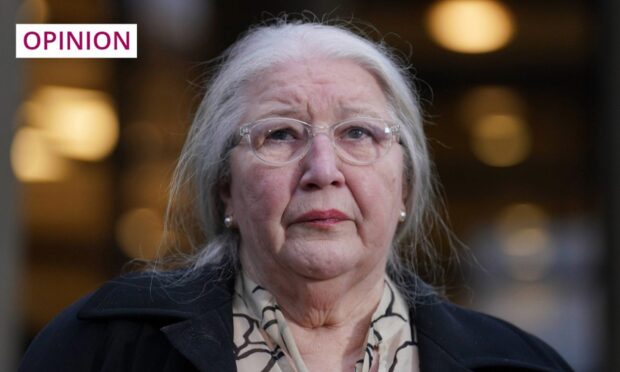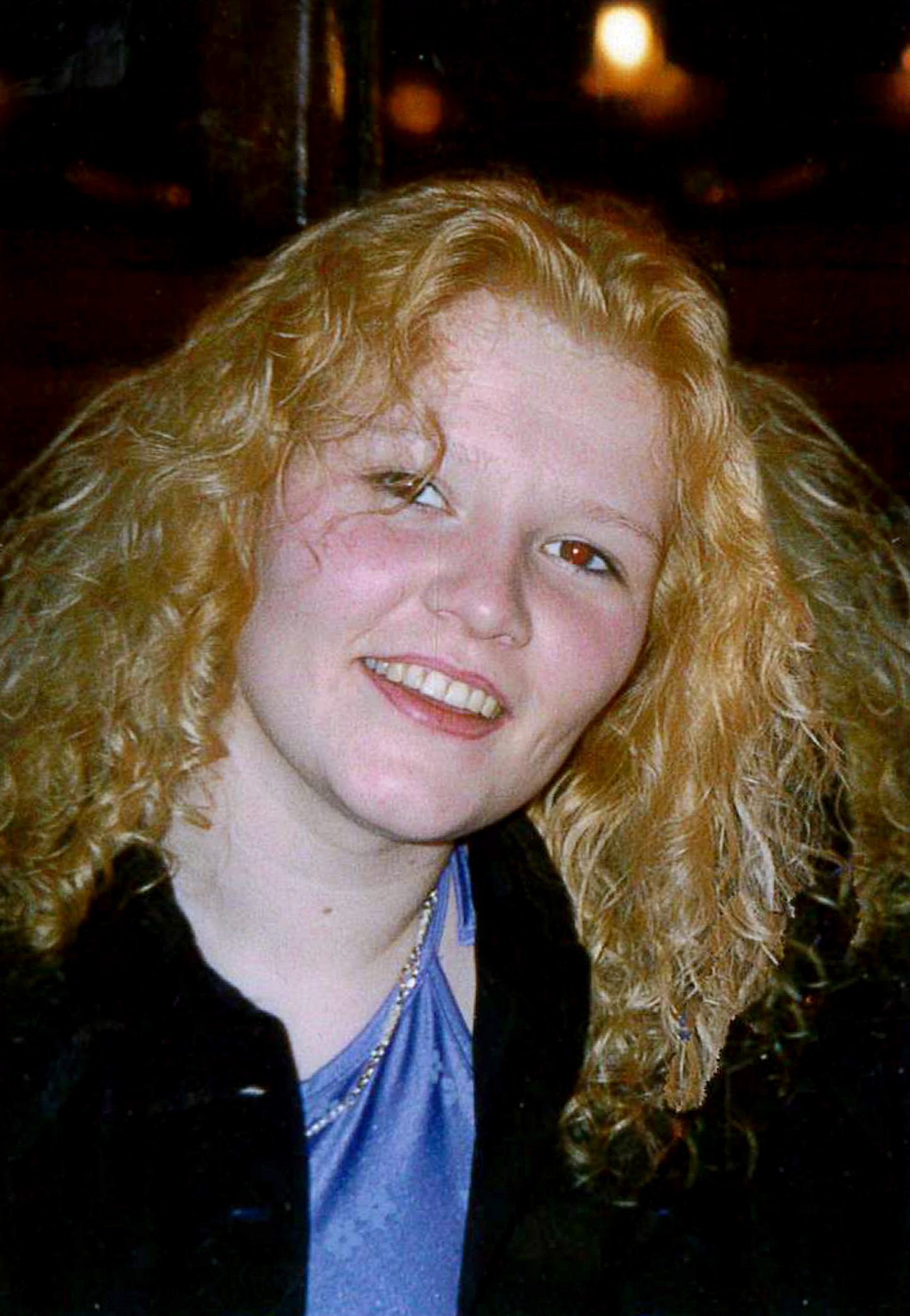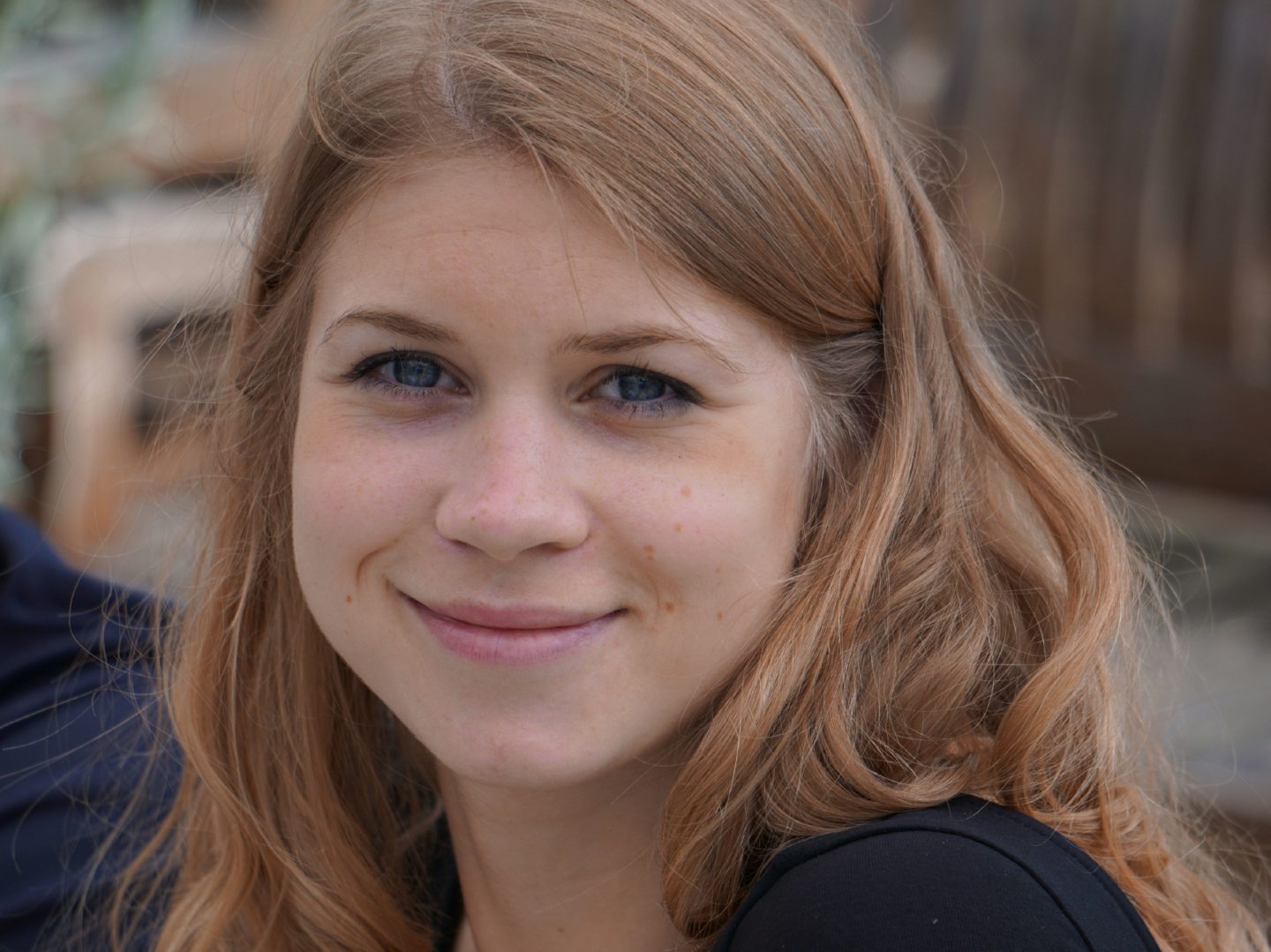The merest mention of International Women’s Day – marked on March 8 each year – is a powerful dog whistle for the worst kind of man.
On every IWD, we can expect to see social media flooded by the most exhausting fellows, demanding to know: “When’s International Men’s Day, then?”
The idea that women – oppressed for millennia by men – might merit one day out of 365 on which issues of equality receive at least some focus is too much to bear for some. Will nobody think of the men?
Anyway, International Men’s Day is on November 19, so anyone who feels let down by today’s focus on women has something to look forward to.
This year, IWD comes as we learn distressing details of how women continue to be failed by parts of society.
Last week, Iain Packer was jailed for life for the murder, in woods near Biggar, South Lanarkshire in 2005, of Emma Caldwell.
Four former detectives involved in the case say evidence of Packer’s violent, abusive and predatory behaviour was known to police from the start of the investigation. A number of women told investigating officers that Packer had driven them, for sex, to the woods where Emma’s body was found.
Yet, police dismissed Packer as a suspect, preferring to concentrate their attention on building a case – which soon collapsed – against four Turkish men.
The announcement by Justice Secretary Angela Constance of a public inquiry into the investigation of Emma’s murder is to be welcomed.
Although we should wait until that inquiry concludes before making a judgment on who was responsible for mistakes and failures, it is very difficult to shake the suspicion that things would have played out differently had Emma – and those witnesses – not become involved in prostitution
The feeling that Emma and other sex-worker murder victims were seen as second-class citizens by police was evident from the start to anyone following investigations by what was then Strathclyde Police. While justice for Emma may have been secured, the murders of four other women in Glasgow in the 1990s remain unsolved.
Without radical recruitment overhaul, police can’t ensure women’s safety
If the depressing details of how badly police handled the investigation into Emma Caldwell’s murder weren’t proof enough that the mission of IWD – to ensure equality for women – remains vital, then let me direct you towards the findings of an independent inquiry, headed by Lady Elish Angiolini, into the police career of Wayne Couzens, who murdered Sarah Everard in London in March 2021 while off duty.
Angiolini’s initial report demands an immediate, radical change to police vetting and recruitment to prevent others like Couzens from joining the force.
Couzens, the inquiry found, should never had been employed by the police. It was also discovered that a number of opportunities to stop him were missed.
The inquiry found evidence that Couzens allegedly committed a serious sexual assault on a child before joining the force.
Angiolini – Lord Advocate of Scotland between 2006 and 2011 – said that “without a significant overhaul” of current recruitment procedures, there would be “nothing to stop another Couzens operating in plain sight”.
Angiolini urged every police force in the UK to read her report and take action. All will, I’m sure, pledge to do so. Whether this engagement makes any difference is another matter.
‘Lessons learned’ alone won’t change things
The conviction of Iain Packer and the publication of Elish Angiolini’s report on Wayne Couzens are now being seen as landmark moments in the way police deal with violence against women. But there have been landmark moments before; so many, it’s easy to lose count.
And, every time we think that lessons have been learned, the same old problems arise.
Ultimately, there is only so much any institution can do to protect itself against infiltration by dangerous men. Manipulative predators are adept at avoiding detection. So, while the police continues to review its recruitment procedures, the responsibility on the rest of us to play our part continues.
This International Women’s Day, politicians will say warm words about progress and angry ones about ongoing inequality and, of course, they will be right to do so. These words won’t constitute a solution
There is much for men to do, whether it’s challenging the attitudes of peers or using what influence we have on our sons to – hopefully – ensure they don’t grow up with a view of women distorted by easily accessed pornography and the views of misogynist online influencers.
This International Women’s Day, politicians will say warm words about progress and angry ones about ongoing inequality and, of course, they will be right to do so. These words won’t constitute a solution to the ongoing horror of violence against women, but they should, at least, act as a reminder that we all have roles to play in creating a fairer, safer society.
Euan McColm is a regular columnist for various Scottish newspapers



Conversation